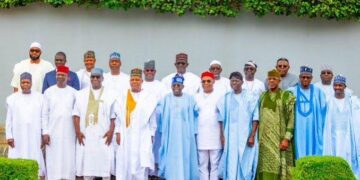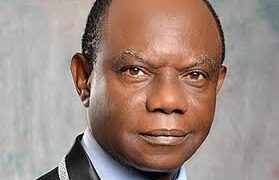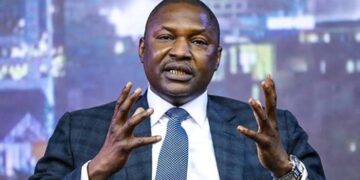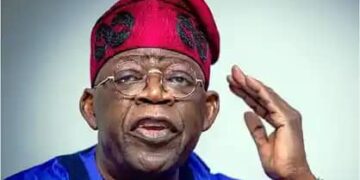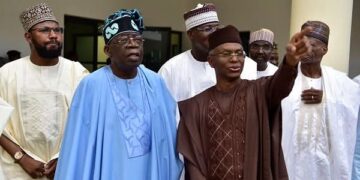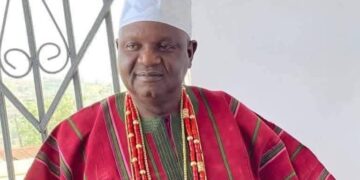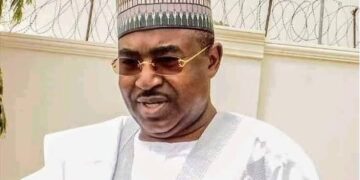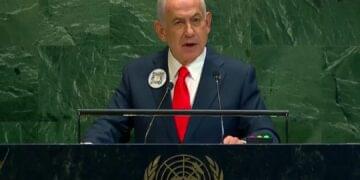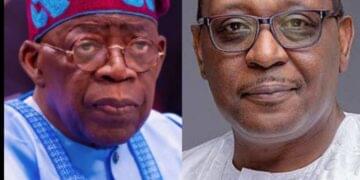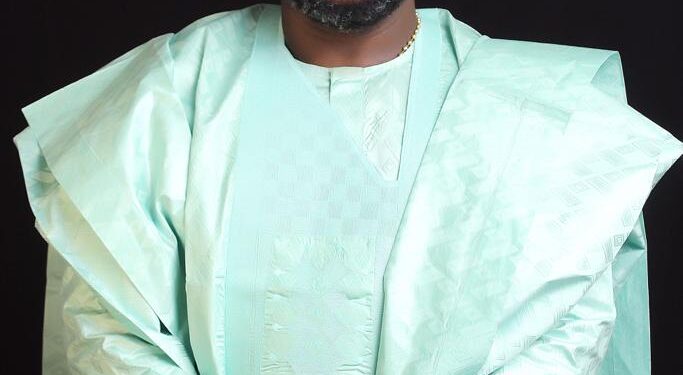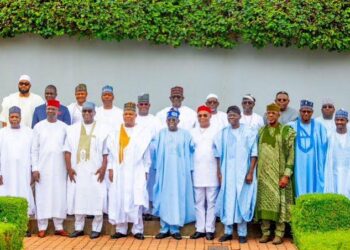Nigeria’s electoral cycle has become a recurring spectacle, with citizens eagerly participating in elections, only to be left with unfulfilled promises and a lack of tangible progress. This vicious cycle persists because many Nigerians have yet to realize that they deserve good governance, not just during election seasons, but consistently throughout the tenure of their elected leaders.
The country’s democratic experience has been marred by a focus on elections as the sole means of exercising civic duty. Once the polls close, citizens often disengage, leaving politicians to operate with little accountability. This lack of sustained civic engagement allows leaders to renege on campaign promises, perpetuating a culture of unfulfilled expectations.
Nigerians must recognize their inherent right to good governance and demand more from their leaders. This requires sustained civic engagement, including active participation in policy discussions, advocacy for transparency and accountability, and support for independent institutions that promote good governance.
Nigeria’s development hinges on its citizens’ ability to hold their leaders accountable and demand tangible results. By recognizing their deservingness of good governance, Nigerians can create a culture of accountability, ensuring that leaders prioritize the nation’s progress over personal interests.
As 2027 approaches, Nigerians are left wondering if they will finally break free from the cycle of bad leadership that has plagued the country for decades. The nation’s history is replete with instances of leaders making decisions that benefit themselves rather than the people, often influenced by ill-advised advisors.
The current administration is no exception, with President Bola Tinubu’s policies sparking controversy and criticism. The removal of the petroleum subsidy without a default option, for example, caused widespread hardship, while the proposed 2024 Tax Reform Executive Bill was met with public opposition because of his over tendencies to raise taxes without commiserate economic growth.
The problem lies not only with the leaders themselves but also with the system that enables them. Advisors who prioritize personal gain over national interest often surround leaders, leading to policies that benefit the few at the expense of the many. As Niccolò Machiavelli warned in “The Prince,” “when advisors and princes are thus satisfied, they can trust each other, but if not, the end will always be disastrous for one or the other”.
To break this ugly cycle, Nigerians must demand more from their leaders and hold them accountable for their actions. This requires a fundamental shift in the country’s political culture, one that prioritizes transparency, accountability, and the public interest.
As 2027 dawns, Nigerians have a choice to make. Will they continue to tolerate leadership that prioritizes personal gain over national interest, or will they demand a better future for themselves and their country?
The answer will depend on the collective actions of the Nigerian people, who must come together to build a more just, equitable, and prosperous society.
Chief Peter Ameh writes from Abuja..

